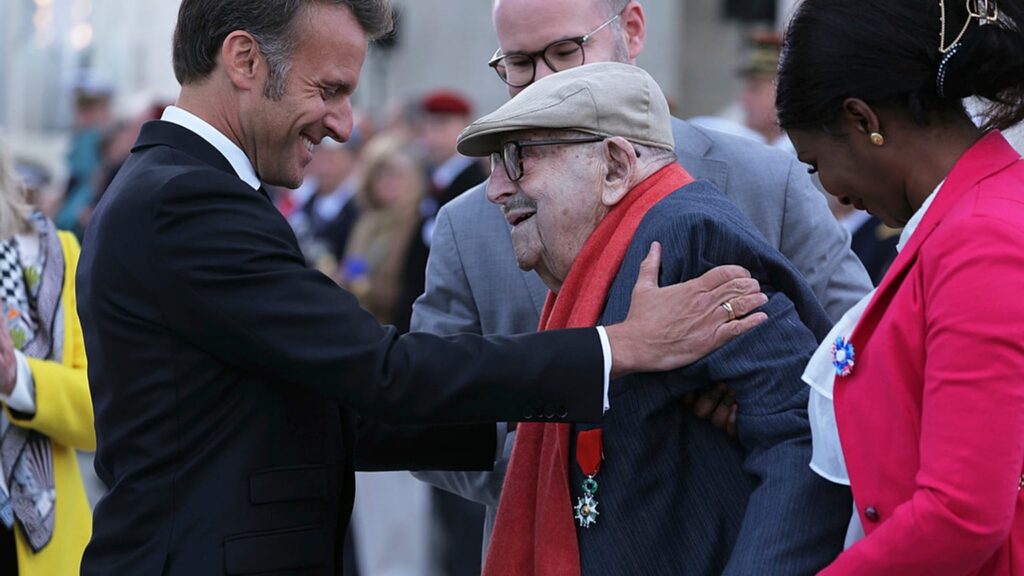
Introduction
Emmanuel Macron, the President of France since May 2017, continues to be a significant figure in European and global politics. His policies and leadership style have drawn attention both at home and abroad, particularly in the context of ongoing social unrest, political polarization, and international relations. As France grapples with economic challenges, environmental issues, and responses to geopolitical events, Macron’s decisions and actions are pivotal in shaping the future of the nation and its place within the European Union.
Recent Developments
Since his re-election in April 2022, Macron has faced considerable pressure from a France divided over economic inequalities and labor reforms. His administration has attempted to tackle rising inflation and the cost of living, which has intensified discontent among the French populace. The spontaneous protest movements, reminiscent of the Yellow Vests protests in 2018, have resurfaced, compelling Macron to navigate the fine line between implementing necessary reforms and maintaining social order.
On the international stage, Macron has positioned himself as a mediator in European and global discussions, particularly regarding the war in Ukraine. He has been active in diplomatic efforts to strengthen the EU’s stance against Russian aggression while also addressing concerns that arise from the energy crisis. Macron’s push for a united Europe amidst these challenges underscores his vision for strengthening European sovereignty.
Domestic Policy Challenges
Amidst ongoing discontent, Macron’s recent decisions include raising the retirement age aimed at reforming France’s pension system. However, this has triggered widespread protests, leading to a complex political landscape where his government struggles to pass laws even with a parliamentary majority. The rise of the far-right in French politics has further complicated his position, making coalition-building essential for enacting significant policy changes.
Future Implications
Looking ahead, Macron’s ability to consolidate public support while driving forward on critical reforms will be crucial. His administration must address economic disparities and social justice while reinforcing France’s role in the 21st-century global landscape. How he handles these challenges may dictate not only his legacy but also the future trajectory of French politics as the nation faces a series of upcoming elections.
Conclusion
In conclusion, Emmanuel Macron’s leadership is marked by both ambitious reforms and significant challenges. As France continues to navigate through social tensions, economic uncertainty, and international crises, Macron’s actions will not only influence the nation but could also serve as a focal point for discussions on governance in other democratic societies. Observers and citizens alike will be watching closely to see how he balances these demands in the months and years to come.



